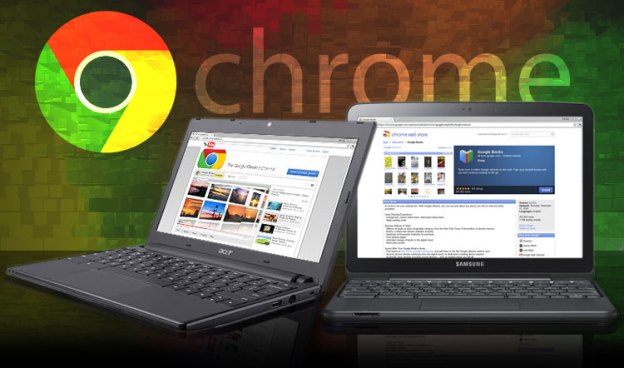
Windows RT devices may have been getting a lot of flack for their disappointing sales numbers and continued usability issues, prompting major manufacturers like Samsung to pull its RT lineup. But, according to NetMarketShare‘s latest report tracking usage, Chromebook sales numbers are right on par with Windows RT’s numbers.
The Chromebook’s usage number is so low that it did not even show up in the Internet tracking company’s report for the week of April 8 (the first week that NetMarketShare is monitoring the Chromebook category). According to ZDNet, which got an advance look at the numbers, only 0.02 percent of users used a Chromebook to browse the Web last week, which falls under NetMarketShare’s minimum of 0.1 percent to be included in its findings.
Unlike other research agencies like IDC that track computer shipment numbers to estimate market share, NetMarketShare measures the type of device and operating system that are used to browse the Internet to get a sense of its actual market share. (You can read all about NetMarketShare’s methodology here.)
Considering the fact that low-cost and under-powered Chromebooks geared for Google’s cloud-based services have been around since 2011, its miniscule usage number for one week in April is much more atrocious than recent Windows 8 figures. After all, Windows 8 devices have only been on the market since October 2012. As ZDNet put it, “As of April 2013 all Chromebooks combined have managed to achieve 7/10 of 1 percent of the usage of Windows 8 PCs worldwide.”
Meanwhile, Chromebook manufacturers seem undeterred by its weak sales numbers and continue to churn out new Chrome OS-based laptops like the premium priced Google Chromebook Pixel and Acer’s budget C710. Will Chromebooks be going the way of netbooks soon?

